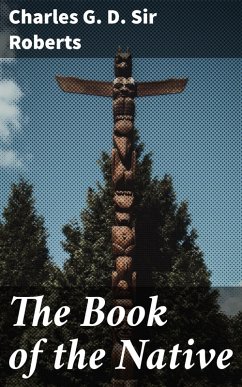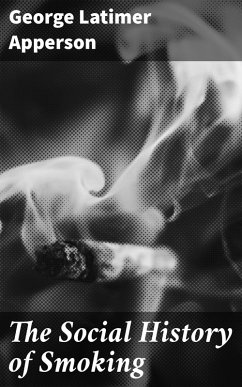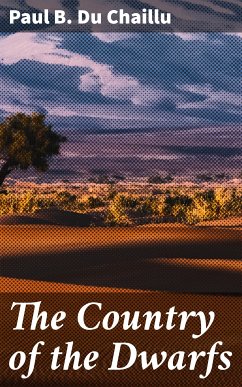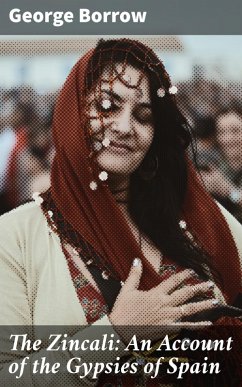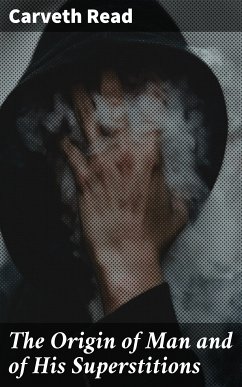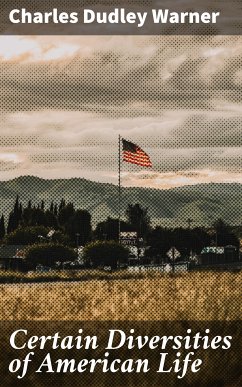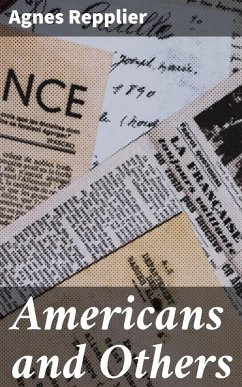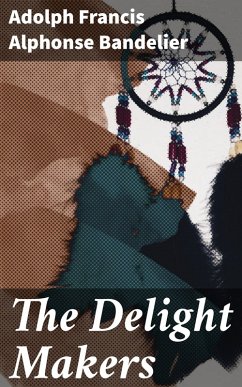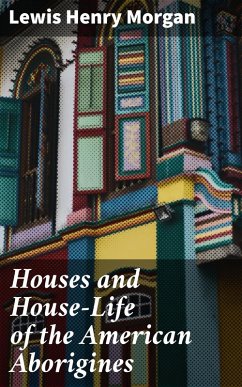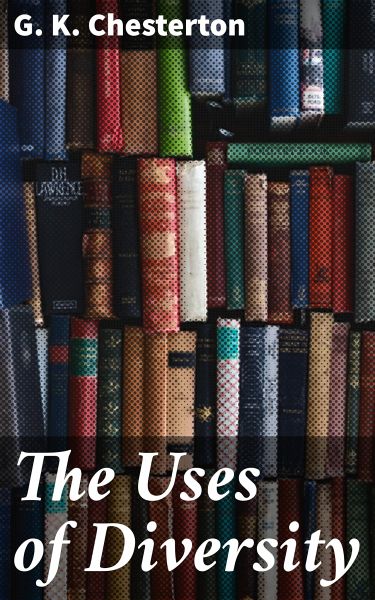
The Uses of Diversity (eBook, ePUB)
A book of essays
Versandkostenfrei!
Sofort per Download lieferbar
1,99 €
inkl. MwSt.
Weitere Ausgaben:

PAYBACK Punkte
0 °P sammeln!
G. K. Chesterton's "The Uses of Diversity" is a thought-provoking exploration of the intricate tapestry of human experience and culture. Through a series of essays characterized by his signature wit and incisive reasoning, Chesterton examines the importance of diversity in society, emphasizing how various perspectives enrich our understanding of humanity. Written during the early 20th century, a time marked by rapid social change and cultural upheaval, the book resonates with contemporary discussions about multiculturalism and the role of individual differences in fostering creativity and prog...
G. K. Chesterton's "The Uses of Diversity" is a thought-provoking exploration of the intricate tapestry of human experience and culture. Through a series of essays characterized by his signature wit and incisive reasoning, Chesterton examines the importance of diversity in society, emphasizing how various perspectives enrich our understanding of humanity. Written during the early 20th century, a time marked by rapid social change and cultural upheaval, the book resonates with contemporary discussions about multiculturalism and the role of individual differences in fostering creativity and progress. Chesterton, a prolific English writer, theologian, and critic, had a keen interest in social issues which undoubtedly influenced his musings in this work. His background as a journalist and his encounters with diverse communities throughout his life provided him with unique insights, allowing him to champion the ideals of inclusivity and acceptance. His philosophical and theological perspectives also lend profound depth to his discussions, as he navigates the complexities of human existence and advocates for a balanced appreciation of both commonality and uniqueness. Readers seeking to deepen their understanding of cultural dynamics and the pivotal role diversity plays in societal advancement will find "The Uses of Diversity" an essential addition to their library. Chesterton's engaging prose and compelling arguments not only provoke thought but also inspire readers to embrace the myriad expressions of life, making this book a timeless exploration of a vital theme.
Dieser Download kann aus rechtlichen Gründen nur mit Rechnungsadresse in A, B, BG, CY, CZ, D, DK, EW, E, FIN, F, GR, H, IRL, I, LT, L, LR, M, NL, PL, P, R, S, SLO, SK ausgeliefert werden.




